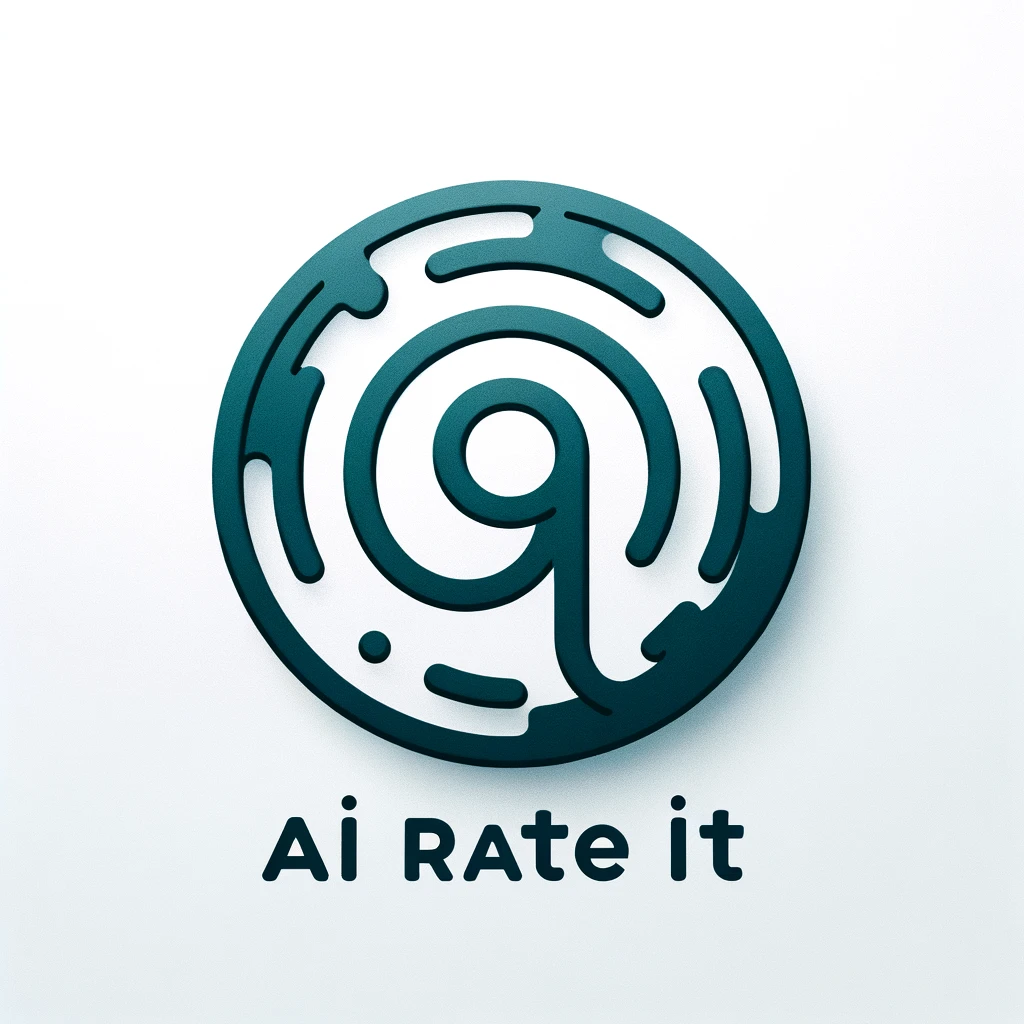Imagine a world where each advertisement you see speaks directly to your interests and needs, without any biased filters. Thanks to the remarkable advancements in artificial intelligence (AI), this is becoming a reality. By utilizing complex algorithms and machine learning techniques, AI can ensure fair and unbiased ad targeting. Gone are the days of generic ads that clutter your screen; AI analyzes your online behavior and preferences to deliver personalized and tailored advertisements that truly resonate with you. Get ready to experience a new era of advertisement where each click feels like a meaningful connection.
How AI Ensures Fair and Unbiased Ad Targeting

Introduction to AI in Ad Targeting
AI, or Artificial Intelligence, has revolutionized the field of ad targeting by bringing sophisticated algorithms and automated data analysis into the process. Ad targeting refers to the practice of tailoring advertisements to specific individuals or groups based on their demographic, behavioral, or other relevant characteristics. AI has the unique ability to ensure fair and unbiased ad targeting by reducing human bias, improving transparency, and continuously monitoring and improving the algorithms used in the targeting process.
Importance of Fair and Unbiased Ad Targeting
Fair and unbiased ad targeting is crucial for several reasons. Firstly, it helps to promote ethical advertising practices by ensuring that individuals are shown relevant and appropriate advertisements that align with their interests and needs. Fair ad targeting also helps to protect individuals from discriminatory or deceptive advertising practices, such as excluding certain groups or perpetuating stereotypes. Additionally, fair and unbiased ad targeting is important for advertisers themselves, as it allows them to effectively reach their intended audience and maximize the return on their advertising investments.
The Role of AI in Ensuring Fairness and Unbiasedness
AI plays a pivotal role in ensuring fairness and unbiasedness in ad targeting. By relying on advanced algorithms, automated data collection and analysis, ethical frameworks, transparency, and continuous monitoring, AI helps to minimize human biases and promote objective decision-making in the ad targeting process.
Automated Data Collection and Analysis
One way AI ensures fair and unbiased ad targeting is through automated data collection and analysis. AI algorithms can process vast amounts of data from various sources, such as browsing history, social media activity, and demographic information, to identify patterns and trends. By relying on data-driven insights rather than subjective judgments, the targeting process becomes more objective and less susceptible to human biases.
Reducing Human Bias
Human bias can inadvertently seep into ad targeting decisions, leading to unfair and biased outcomes. AI helps to address this issue by reducing the reliance on human judgment and decision-making. By relying on objective algorithms, AI can make targeting decisions based solely on data and relevant characteristics, without taking into account factors such as race, gender, or other sensitive attributes. This helps to eliminate discriminatory practices and ensures that all individuals are treated fairly and equally.
Advanced Algorithms for Ad Targeting
AI utilizes advanced algorithms to analyze vast amounts of data and make accurate predictions about individuals’ preferences and behaviors. These algorithms take into account various factors, such as browsing history, purchase history, and online interactions, to identify relevant advertising opportunities. By leveraging these algorithms, advertisers can effectively reach their target audience without resorting to discriminatory practices or biased assumptions.
Ethical Frameworks for AI-based Ad Targeting
To ensure fair and unbiased ad targeting, it is crucial to establish ethical frameworks that guide the development and implementation of AI algorithms. These frameworks should promote fairness, transparency, and accountability in the ad targeting process. Ethical considerations may include avoiding discriminatory practices, safeguarding personal data privacy, and ensuring that individuals have control over the advertisements they are exposed to. By adhering to such frameworks, AI-based ad targeting can mitigate potential ethical concerns and promote a more inclusive advertising environment.
Transparency and Explainability in AI Systems
Transparency and explainability are vital aspects of AI-based ad targeting. These features help to build trust with individuals and ensure that they understand how and why they are being targeted with specific advertisements. Advertisers using AI systems should disclose their targeting methods and provide individuals with clear explanations for the ads they receive. This transparency fosters informed consent and empowers individuals to make informed choices about their online experiences.
Continuous Monitoring and Improvement
AI-based ad targeting should not be a one-time implementation but an ongoing process of monitoring and improvement. By continuously monitoring the performance and outcomes of the targeting algorithms, advertisers can identify and address any potential biases or unfair practices that may arise. Continuous improvement ensures that ad targeting algorithms evolve and adapt to changing consumer behaviors, preferences, and societal expectations. This iterative approach helps to maintain fairness and reduce biases in the long run.
Challenges and Limitations of AI in Ad Targeting
While AI offers numerous benefits in ensuring fair and unbiased ad targeting, there are also challenges and limitations associated with its implementation. One challenge is the potential for algorithmic biases, where the algorithms themselves may perpetuate existing biases based on the data used for training. Additionally, the complexity of AI algorithms can make it difficult to fully understand or explain why certain targeting decisions are made, which may raise concerns for individuals. Finally, the ethical and regulatory considerations surrounding AI-based ad targeting are still evolving, requiring ongoing efforts to establish best practices and guidelines.
Conclusion
AI has revolutionized the field of ad targeting, enabling fair and unbiased practices through automated data collection and analysis, reducing human bias, using advanced algorithms, and following ethical frameworks. By promoting transparency, accountability, and continuous improvement, AI ensures that individuals are shown relevant and appropriate advertisements while avoiding discriminatory practices. While challenges and limitations exist, the ongoing advancement and refinement of AI systems hold enormous potential for achieving fairness and inclusivity in ad targeting.






